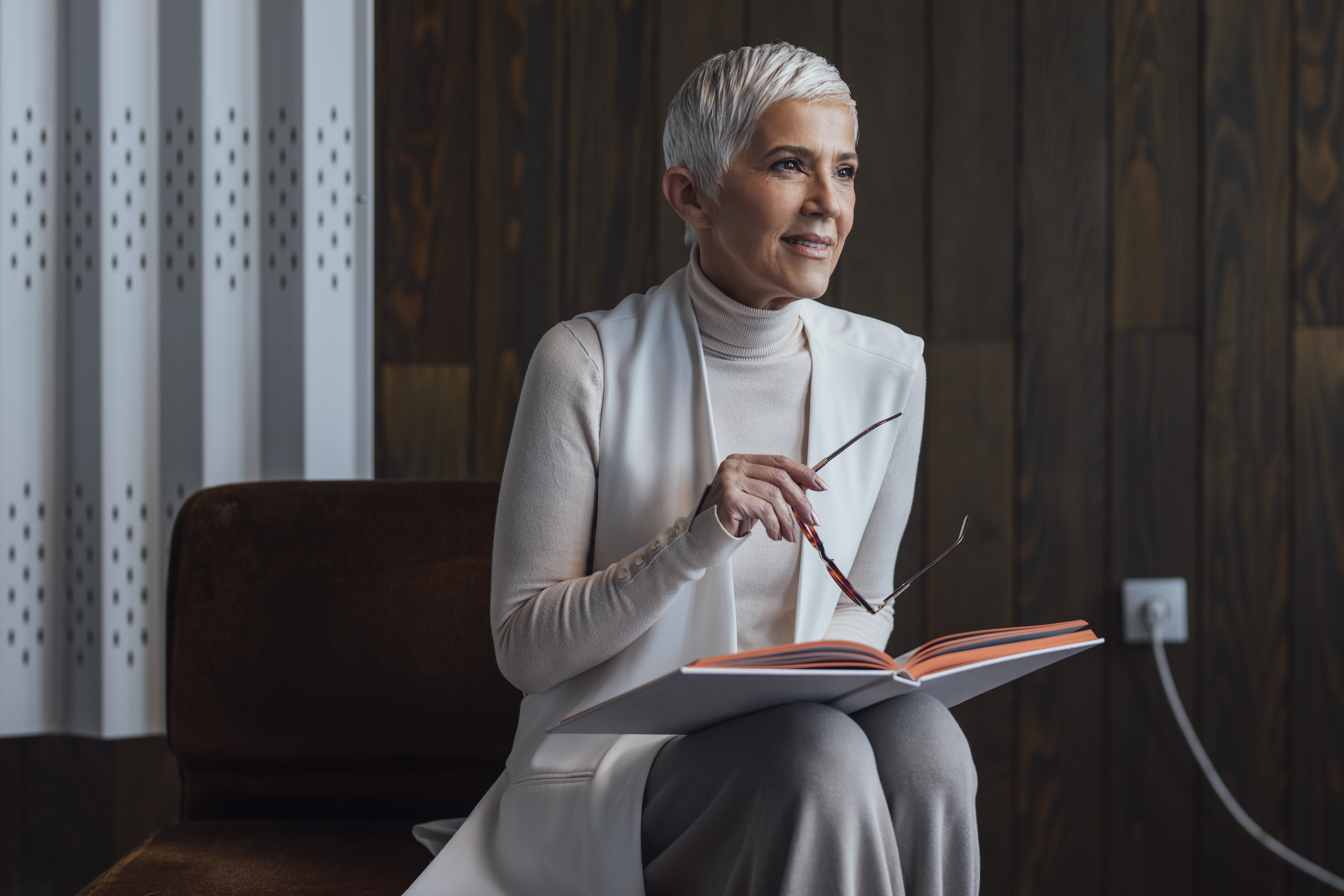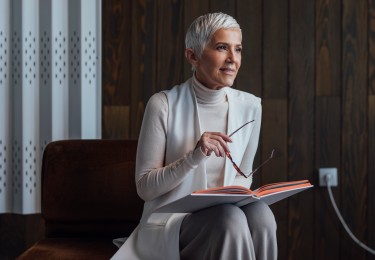
Mid-Year Investment Outlook 2019 | The Power of Influence
We are focused on generating consistent returns in a responsible way to help create a more sustainable future for you and generations to come.
10 min read
The first half of 2019 was good for investors. Equity and bond markets rose and returns were very positive. Even following the recent falls, returns remain positive for the year as a whole.
But, as long-term investors we are continually considering what might come next.
Delivering sustainable investment returns is just one part of it. As investors, we are in a unique position to create and foster change.

How do you want to spend the future?
As investors, we have two responsibilities to our clients. The first is obvious – to help you secure a financial future by investing your capital in a way that will maintain its real value.
The second is less self-evident – we also share a responsibility with the rest of the world to help create a future that’s worth living in.
Our mid-year outlook looks more closely at what both of these ideas mean to our investment approach. Investing in the future means more than just chasing returns. It means changing how we live our lives days to day. This includes changing the way that we invest.
CLIMATE ACTION MAKES ECONOMIC SENSE
Investors can influence the environmental impact of companies they invest in through voting and engagement with company management.

Investing for a low-carbon economy
A 2018 Report by the Principles for Responsible Investment (PRI) highlighted he following steps investors can take to invest for a low-carbon economy.






Diverse voices lead to better decisions
Reducing group think, listening to varied experiences and better reflecting a diverse customer base are some of the reasons why more diverse companies succeed.

POSITIVE STEPS TO INCREASE DIVERSITY
Voting on board membership allows us to encourage more diverse leadership in the companies we invest in.

Politics, economics and the wisdom of markets

MOHAMMAD KAMAL SYED
Head of Asset Management, Coutts
If the first quarter was characterised by relief for investors following a bumpy end to 2018, the second quarter was a reminder that short-term noise never completely fades away. Politics has been largely responsible for market jitters, from Brexit to the China-US conflict over trade.
The driving forces behind market performance remained the same in the second quarter of the year as the first – central bank policy and trade negotiations against a background of slowing global growth. While central banks remained supportive and started the countdown for interest rate cuts, hopes of a resolution to the US/China trade dispute remain unrealised, and global growth remained under pressure.
But if things are never quite as good as some of the more exuberant commentators may suggest, it is equally true that things are never quite as bad as the naysayers would have you believe. The discipline to stick with your convictions when market sentiment goes in the opposite direction is the defining characteristic of a successful investor.
There are imminent risks in the months ahead on both the upside and the downside. Resolution of trade tensions and further economic expansion would be positive for markets, while further renewed slowdown in economic activity under the impact of renewed uncertainty would see some asset classes struggle.
As the year unfolds, we will continue to monitor markets with an eye to the longer term and navigate opportunities always with an eye on achieving sustainable returns in a responsible way.
“The discipline to stick with your convictions when market sentiment goes in the opposite direction is the defining characteristic of a successful investor.”
Achieving your goals
Whatever your goals and aspirations, the right financial plan is an invaluable tool for achieving them. Finding a wealth manager who you can trust to work towards your objectives is just one part of the decision.
Partnering with an adviser who really understands you is just as important. We know that the financial affairs of our clients can be complex. When it comes to building a clear financial strategy, that takes account of both your long-term goals and day-to-day needs, our knowledgeable and experienced team can help you shape your future.
















